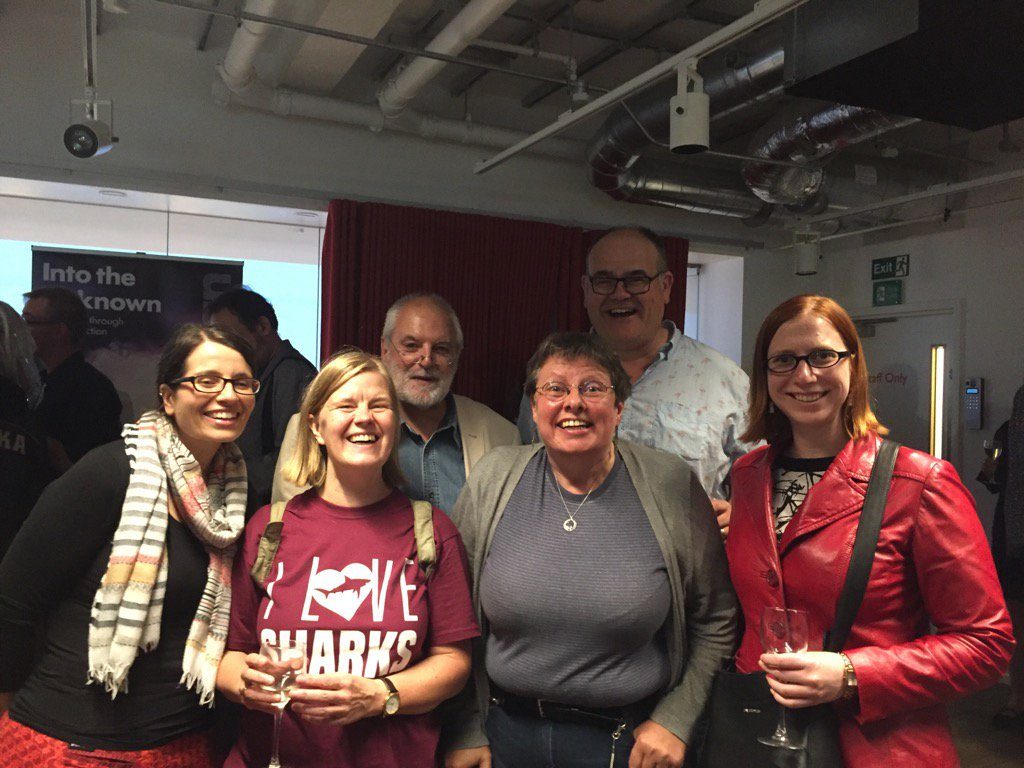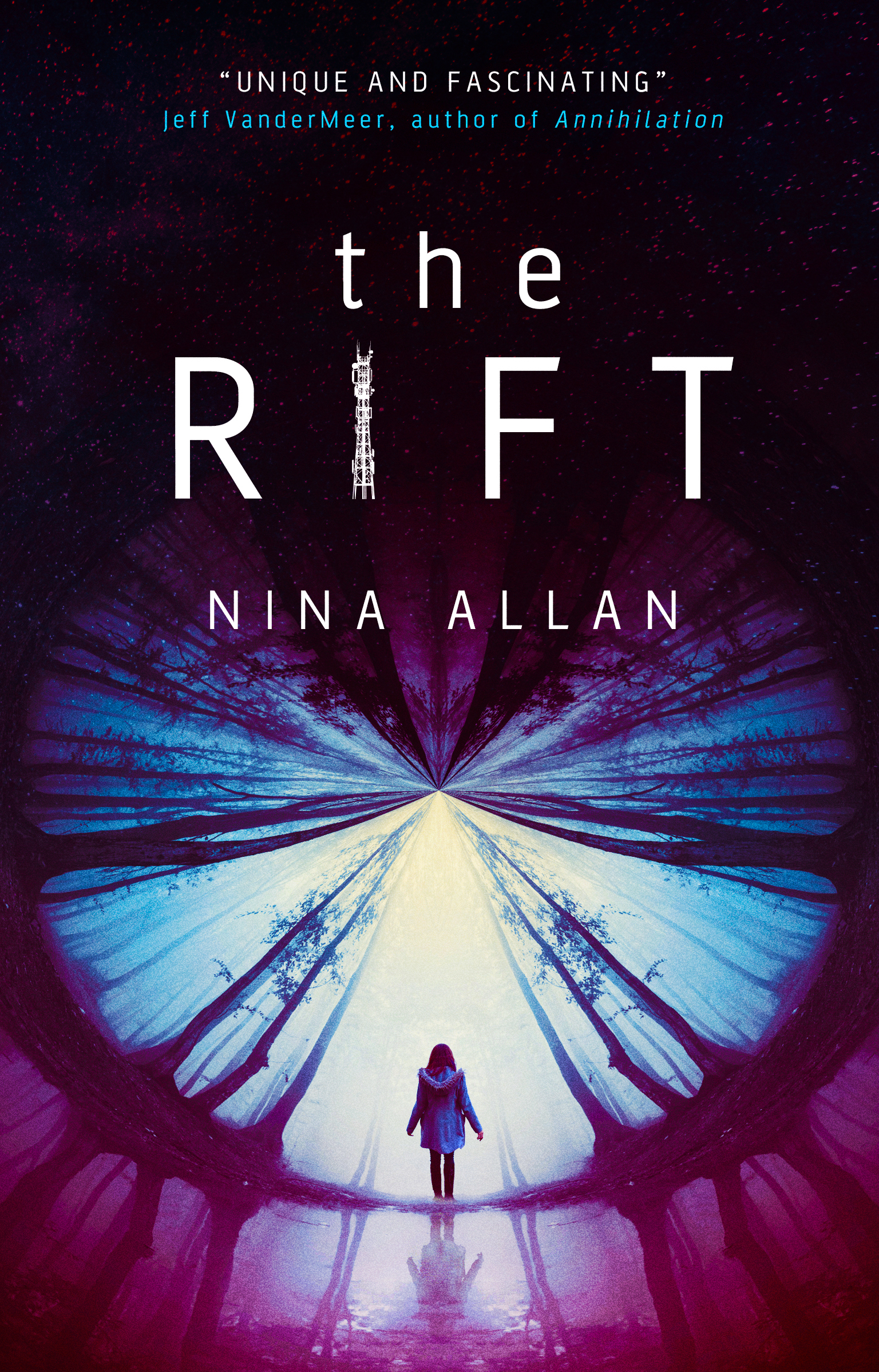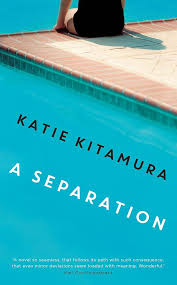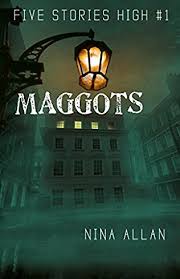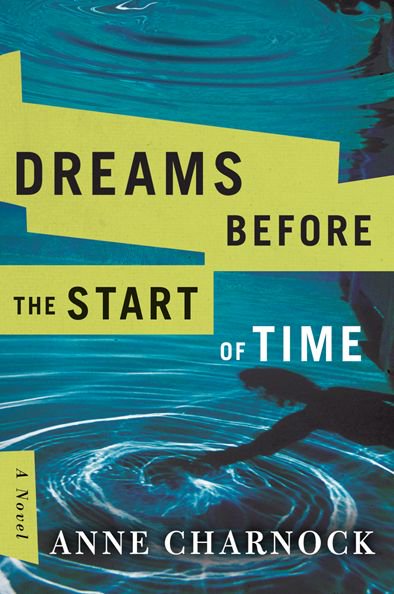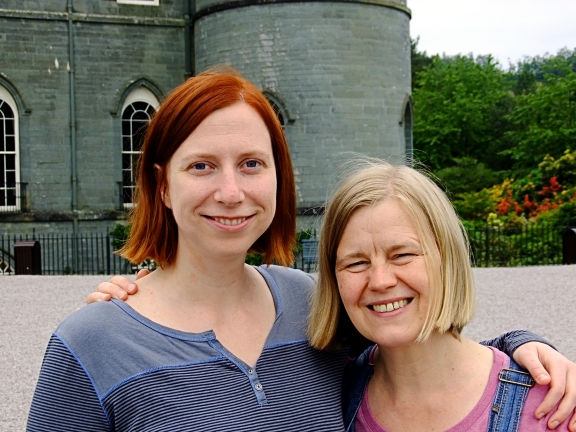
‘The Sharkes Discuss.’ With Helen Marshall, Inverary Castle, May 27th 2017.
“But the more we talked the more I sensed that DeWitt’s greatest heartbreak had come from the place that had first changed her life: Oxford. After a decade as a student and lecturer with no end to her distinctions and a thesis completed on the concept of propriety in ancient criticism, she had hoped Oxford would give her the sort of freedom that had allowed historians like Ronald Syme to write an epic work like The Roman Revolution. But Oxford had changed: Thatcherization, credentialization, Americanization, i.e., the pursuit of narrow specialties in the name of job-seeking. She realized she wasn’t interested in writing about writers writing about writers writing about Euripides. She wanted to be Euripides.”
This from a fantastic article by Christian Lorentzen in Vulture on the writer Helen DeWitt. The piece resonated on several levels, reminding me simultaneously of myself a quarter-century ago, thinking about Nabokov in the library at Corpus, the passage I quoted in my review of Joanna Kavenna’s A Field Guide to Reality for the shadow Clarke, the often embattled situation of women modernists and post-modernists in general.
Oxford didn’t break my heart – I was too preoccupied with other matters to let it get sufficiently into my head and under my skin. I do remember very clearly though a discussion I had with some American students in the Dome on Little Clarendon Street immediately after a lecture, in which I stated the theories of Bakhtin and Saussure were all very interesting, but they had nothing to do with how a text actually came into being.
“The text is all that matters,” I said, to shocked expressions. That the text is paramount is something I still believe, more or less, although I barely grasped what I was trying to articulate back then, the tensions such a view might excite.
Perhaps that’s one of the qualifications you most need to be a writer: to understand that a particular view might be controversial, but to write it down anyway, or at least try to. The better part of writing is instinct, gut feeling, abiding by the truth of what drew you to setting words on paper in the first place. Intellectual justification and brinkmanship, a more precise academic understanding of your position vis a vis your detractors (I almost wrote ‘distractors’ there, which seems very telling) – these things can come later, if they’re important to you. The text is the thing.
I saw a blog post the other day adjuring writers to ‘write responsibly’. I understand what that person meant and that they meant it well but seriously, writers, don’t. Write responsibly, I mean. That way mediocrity lies.
*
Passing through into the second phase of the shadow Clarke project has been a fascinating, exhilarating and often perplexing experience. The narrowing of our focus – just the six officially shortlisted texts now to discuss between us – has led us into some intense and hugely exciting discussions on criticism in general, its value and aims. No two Sharkes think exactly alike, but our mutual passion for the subject and our general agreement regarding its importance has tended to unite us far more strongly than any individual difference in emphasis has had the potential to divide. For myself, what I am coming away with most of all is an increased awareness of my own approach as but one point on a spectrum and a point that is by no means static at that. As always, the unflagging support and enthusiasm my fellow Sharkes continue to show for this project is a powerful source of inspiration and insight and I cannot even begin to express the gratitude I feel for their marvellous company on this occasionally precarious voyage of discovery.
*
The investment of time, not to mention energy both intellectual and emotional that has been necessary to keep the Sharke swimming has meant less time for this blog, for which I apologise, although plenty has been going on behind the scenes. I have recently – just two weeks ago in fact – completed work on what I hope will be the final draft of a new novel, a work I’m very excited about and will post more about here in due course. I also have a brand new novelette just up at Clarkesworld magazine. ‘Neptune’s Trident‘ is the first story I’ve written with a specific connection to the west coast of Argyll and I’m delighted to see it in print. This story began life in the weeks immediately following the US elections, and I think those scars are visible – in fact I think they’re what ‘Neptune’s Trident’ is mostly about.
We are continuing to relish and draw strength from our new surroundings. We love Rothesay, we love our island, we’re happy and proud to make our home and our life in Scotland. The skies are incredible here – like nowhere I’ve been. For most of the past month I’ve had to drop everything I’m doing at the requisite time just to watch the sunset. Eleven-thirty pm and there is still a fugitive, slate-blue light in the sky. I gaze out over the firth and I worry about the upcoming election and I plan my next book, which will be all about here. This is what I’m doing right now.
